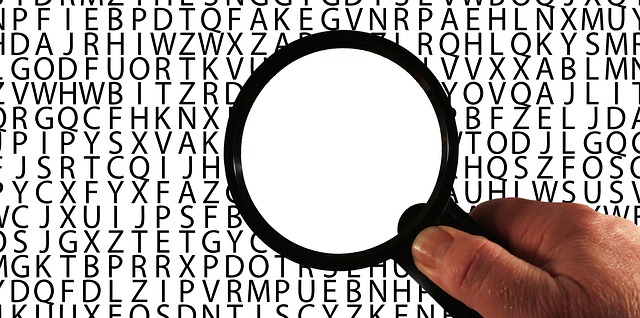Do you use Microsoft Word’s thesaurus feature? If so, you’ve probably discovered its strengths (fortes, assets, métiers, gifts) and limitations (drawbacks, inadequacies, imperfections, weaknesses). They are basically the same as those of a print thesaurus.
Good reason to use a thesaurus: To find a word that’s on the tip of your tongue (fingers? brain?) but refuses to emerge.
Bad reason to use a thesaurus: To make yourself look smarter by throwing in 50-cent words.
Conditional reason to use a thesaurus: To find a synonym for an overused word.
- If the supposedly overused word is a key word, don’t use a synonym. In a piece showing how music creates community, you don’t need “song” or “connection.” Use “music” and “community” consistently.
- If the word isn’t key or you want to broaden the meaning, the thesaurus can help. In a piece about how where people live affects the music they like, you might use “music” consistently but occasionally throw in “neighborhood” or “city” for both variety and clarity.
Only legitimate reason to use a thesaurus: To remind yourself of a word that you already know.
Yes, you can look up unfamiliar thesaurus words in the dictionary. But you won’t learn the connotations (as opposed to denotations) and usage that make words appropriate in context.
Look at the synonyms of “strengths” and “limitations” above. I gave us a head start by choosing the group of suggested synonyms that was closest to what we wanted: “fortes” rather than “powers” or “intensities,” “drawbacks” rather than “limits” or “curbs.”
And yet, and yet… “forte” just isn’t the right word. If you didn’t know that, the dictionary definition probably wouldn’t help. In fact, none of the synonyms for “strengths” is quite right, though “assets” comes close.
By contrast, “weaknesses,” one of the suggested synonyms, is at least as good as “limitations.” But “imperfections”? No.
A thesaurus, print or online, is only as good as your baseline vocabulary. Use the words you find in it only if you already know them.
But do look up any word that’s unfamiliar. Don’t use it now, but wait for it to come up your reading – which it will, quickly and often. (Here’s why.)
Soon you will have added a word to your vocabulary. You probably won’t even need a thesaurus to find it!


